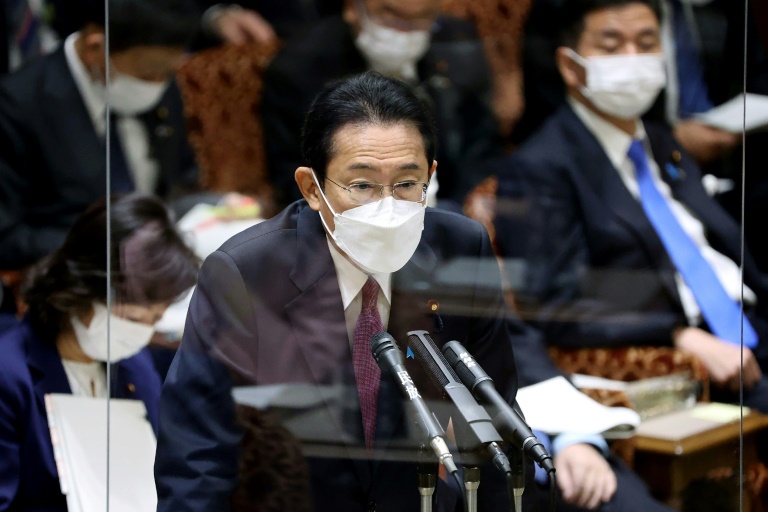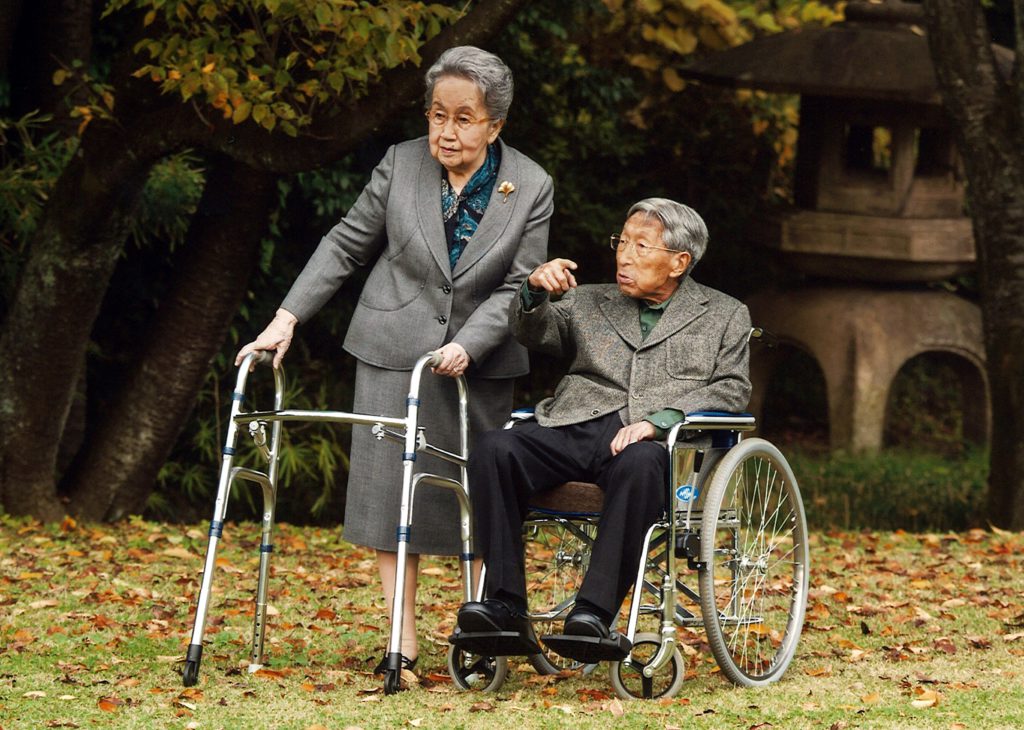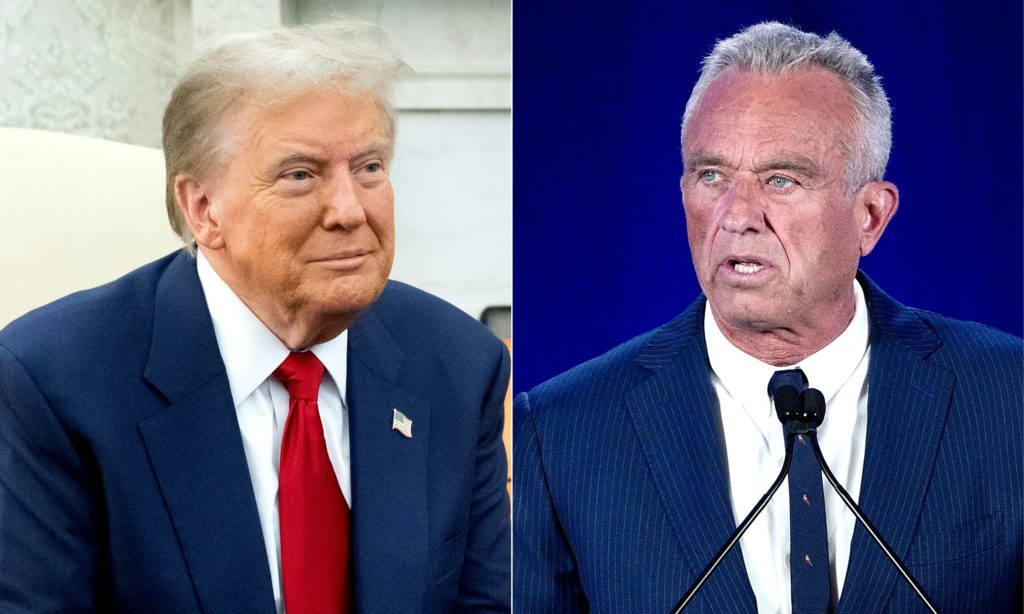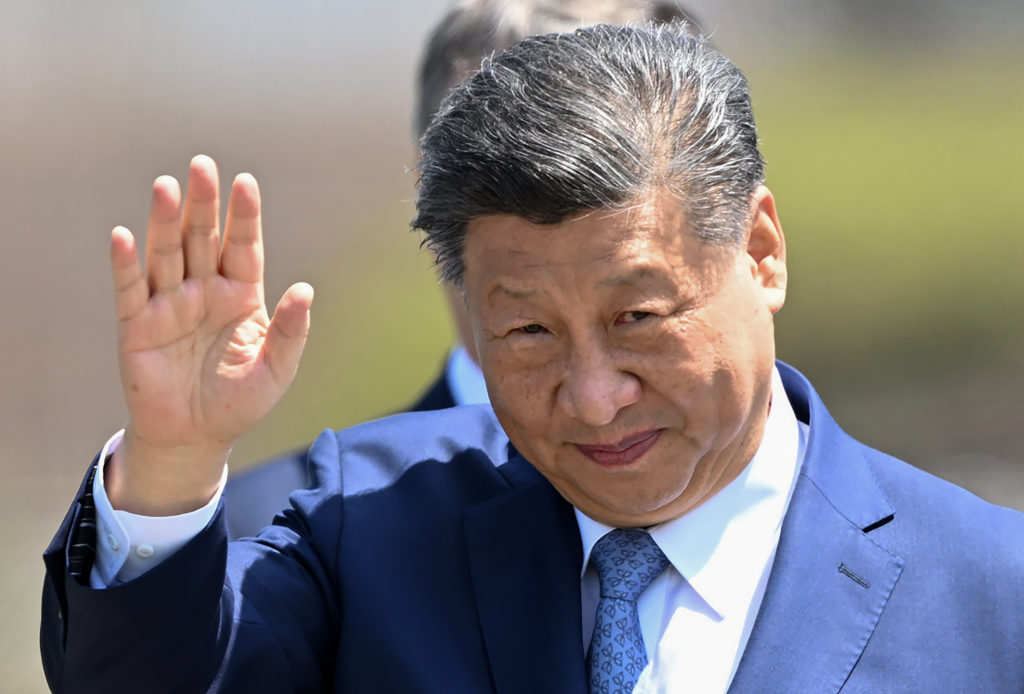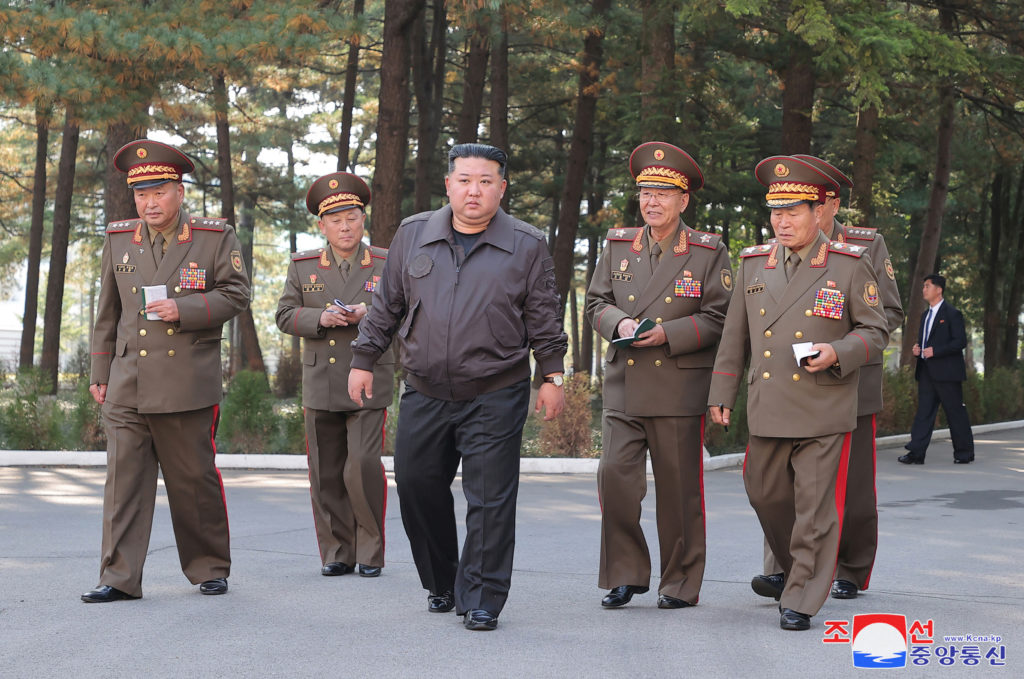Japan’s parliament enacted a record supplementary budget worth over $300 billion on Monday as part of measures to bolster the world’s third largest economy as the pandemic threat drags on.
The extra budget — larger than the total annual GDP of countries such as Colombia, Vietnam and Finland — will fund part of the massive virus stimulus package announced last month by new Prime Minister Fumio Kishida.
Upper House lawmakers approved the 35.98 trillion yen ($317 billion) supplementary budget for the current fiscal year, with the majority allocated for economic measures.
They include cash handouts for children under 18, subsidies for small businesses, and pay rises for nurses and care-givers.
Japan passed three extra budgets in fiscal 2020-21 as manufacturing slowed during the pandemic and restrictions hit nightlife and tourism, but this marks the first for 2021-22 and the biggest yet.
Kishida became prime minister in October after his predecessor Yoshihide Suga stepped down partly over public discontent with his pandemic response.
After leading the ruling coalition to election victory, Kishida quickly announced a record 56 trillion yen in stimulus spending, roughly 10 percent of Japan’s total GDP.
The country has recorded fewer than 18,400 Covid-19 deaths in its population of 126 million, despite avoiding harsh lockdowns.
Emergency measures targeting evening entertainment and crowd sizes at events were in place in major cities and other parts of Japan for much of the year, but were lifted in October.
This month, the Bank of Japan’s latest quarterly Tankan business survey showed major manufacturers remain cautious about the economy’s trajectory, with business sentiment flat for the quarter.

